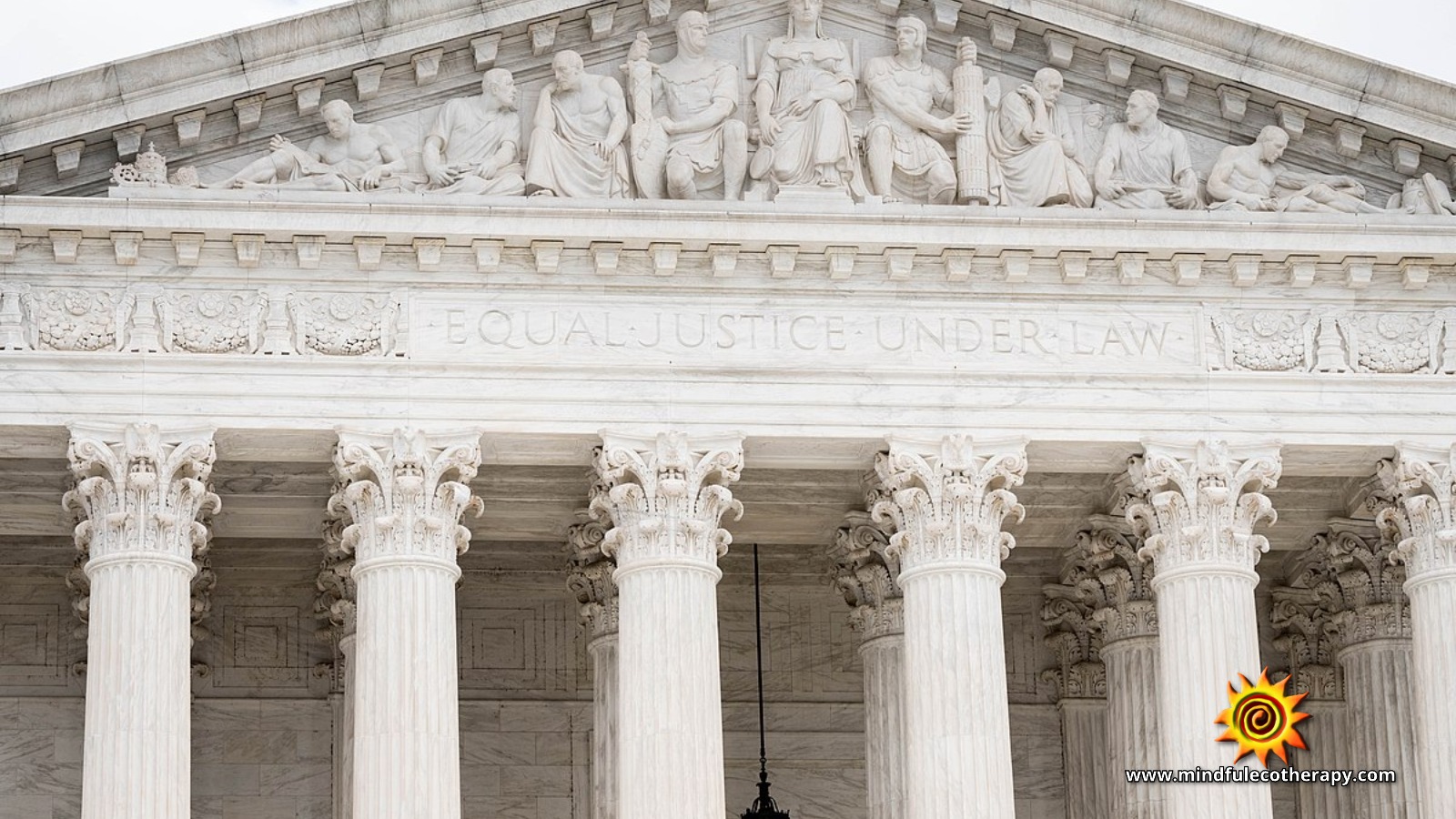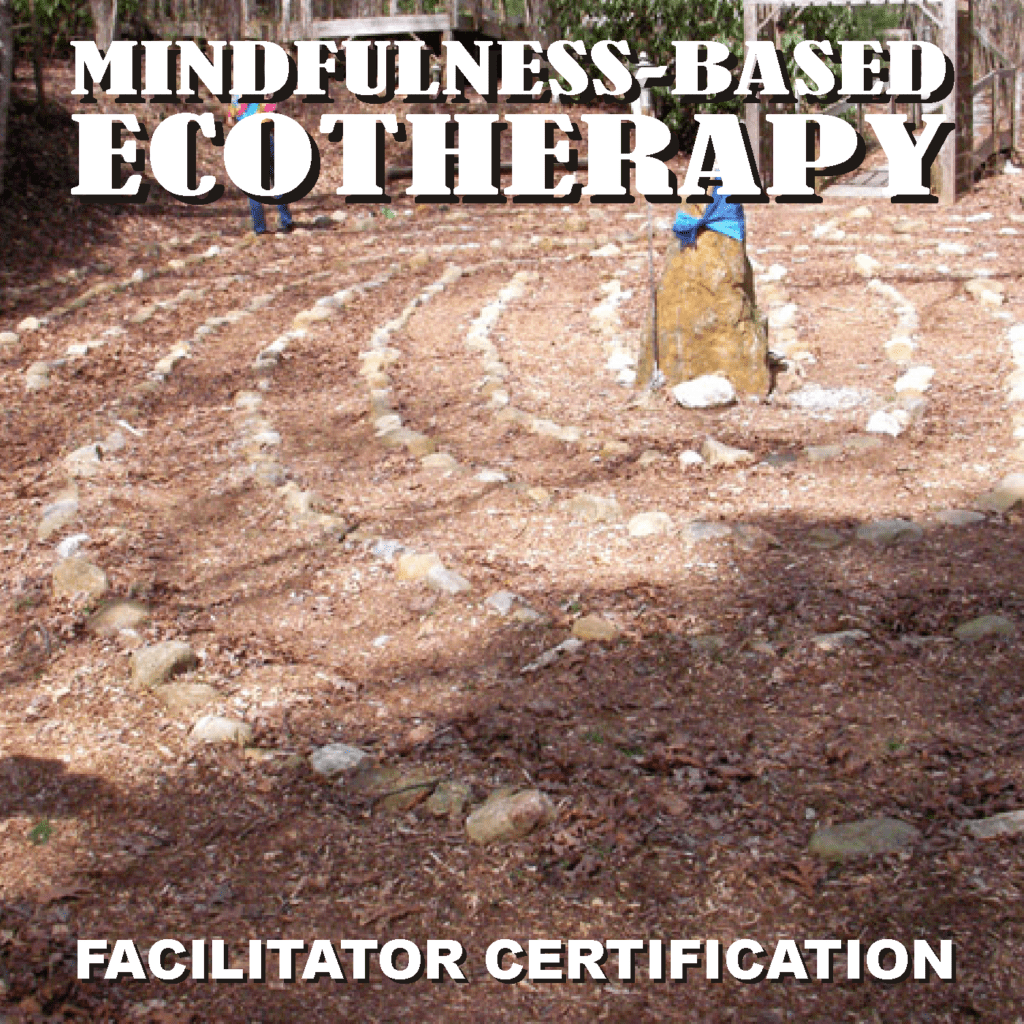
Table of Contents
The U.S. Supreme Court is poised to hear a landmark case regarding the legality of conversion therapy bans. Conversion therapy, also known as “reparative therapy,” has been widely condemned by medical and psychological experts for being harmful and ineffective. As the nation grapples with the future of these controversial practices, it is crucial to examine the ethics surrounding therapy and why ethical treatment should always be evidence-based. Conversion therapy is not only scientifically unsupported but is also considered unethical by many professional organizations. Therapists and counselors who continue to practice it should be held accountable and stripped of their licenses.
What is Conversion Therapy?
Conversion therapy is a set of practices aimed at changing an individual’s sexual orientation or gender identity. It typically targets LGBTQ+ individuals, particularly those who identify as gay or bisexual, with the goal of altering their sexual preferences. These practices can include a range of harmful methods, such as verbal abuse, shock therapy, or other aversive techniques, all in an attempt to force individuals to align with heteronormative ideals.
Despite decades of research showing that sexual orientation and gender identity are inherent aspects of who a person is, some therapists and counselors still promote conversion therapy. This is despite the overwhelming rejection of these methods by leading medical and psychological organizations, including the American Psychological Association (APA) and the American Medical Association (AMA).
Ethical Treatment: Evidence-Based Practices
Ethical counseling and psychotherapy are rooted in the principle of evidence-based treatment. This means that the methods used by therapists and counselors are scientifically supported and have been shown to be effective through rigorous research and clinical studies. Evidence-based treatments ensure that clients are receiving the highest standard of care, tailored to their specific needs and goals.
Psychotherapies such as Cognitive Behavioral Therapy (CBT), Dialectical Behavioral Therapy (DBT), and other recognized forms of treatment have been proven to support individuals dealing with mental health challenges in an ethical and effective manner. These treatments are grounded in the understanding of human psychology and are consistently updated based on new findings from empirical research.
In contrast, conversion therapy lacks scientific support and has been widely denounced by experts as not only ineffective but also harmful. Studies have shown that individuals subjected to conversion therapy are at a significantly higher risk of developing depression, anxiety, suicidal ideation, and other long-term mental health issues. The process of attempting to “change” a person’s sexual orientation or gender identity is rooted in the false belief that being LGBTQ+ is a disorder or something to be “fixed.”
The Ethics of Therapy: Conversion Therapy Is Unethical
The ethical principle of do no harm is a cornerstone of any therapeutic practice. When therapists or counselors practice conversion therapy, they violate this fundamental tenet. These practices harm clients by promoting a false, discriminatory view of human sexuality and gender, often leading to emotional and psychological trauma.
Conversion therapy is unethical not only because it lacks evidence but also because it undermines the dignity and humanity of LGBTQ+ individuals. Instead of supporting clients in their journey of self-acceptance and identity, conversion therapy attempts to force them to conform to a societal norm that doesn’t align with their authentic selves. This can cause deep feelings of shame, isolation, and worthlessness, which only exacerbate mental health struggles.
Professional organizations such as the APA, the AMA, and the National Association of Social Workers (NASW) have all made strong public statements denouncing conversion therapy. They assert that therapy should be based on respect for a person’s identity and should aim to help individuals embrace who they truly are rather than change them.
Consequences for Counselors Practicing Conversion Therapy
Any counselor or therapist who continues to practice conversion therapy, knowing its harmful effects and lack of scientific support, is engaging in unethical behavior. Such practices not only violate the core ethical principles of psychotherapy but also put clients at great risk. These therapists should face accountability for their actions, which could include the revocation of their professional license.
Licensed professionals have a duty to adhere to ethical guidelines, ensuring that their practices are based on evidence and lead to positive outcomes for their clients. Engaging in harmful, unproven, and unethical practices like conversion therapy should result in professional consequences, including the loss of their license to practice.
Why the Supreme Court Case Matters
The upcoming case before the U.S. Supreme Court will determine whether states have the right to ban conversion therapy. If the Supreme Court upholds these bans, it will send a clear message that conversion therapy has no place in ethical counseling and psychotherapy. Such a decision would be a victory for LGBTQ+ rights, psychological integrity, and the protection of vulnerable individuals from harmful, pseudoscientific practices.
The Supreme Court case is a pivotal moment in the fight for mental health ethics and the protection of marginalized groups. It is vital that legal protections continue to be enacted to ensure that therapists uphold the highest standards of care and that harmful, unscientific practices like conversion therapy are eliminated once and for all.
Conclusion
The Supreme Court’s decision to hear the case on conversion therapy is a crucial step in protecting the mental health and well-being of LGBTQ+ individuals. Ethical treatment should always be based on evidence-based practices, and conversion therapy, which is neither scientifically supported nor ethically justified, has no place in modern therapy. Counselors and therapists who continue to practice such methods should be held accountable for their actions and stripped of their licenses to ensure the safety and dignity of their clients. The upcoming case is not just a legal matter—it is a moral issue that affects the lives of countless individuals and sets a precedent for the future of mental health care.
Share Your Thoughts on Conversion Therapy!
Should harmful forms of ‘therapy’ be allowed for religious or political reasons? Share your thoughts in the comments below!



